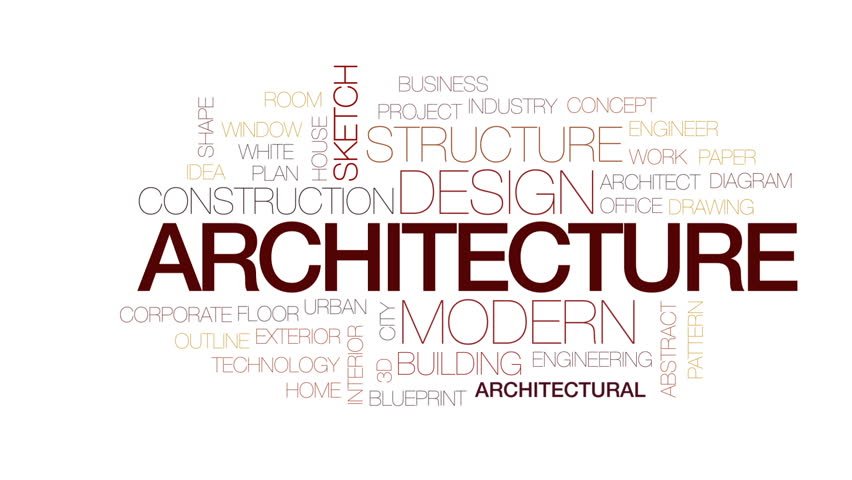Physical Address
304 North Cardinal St.
Dorchester Center, MA 02124

If you’re dreaming of becoming an architect, you’re probably asking yourself: What WAEC subjects for architecture should I take to guarantee admission into a university program? This is a common question among many aspiring architects, and the truth is, it can be a bit confusing to figure out the right subjects for your WAEC exams.
You can’t build your dreams without the right foundation. And the foundation to becoming an architect starts with your WAEC subjects. But don’t worry! In this guide, we’ll walk you through the specific WAEC subjects for architecture, explain why they’re crucial, and even show you how to pass your exams with ExcelMind, so you can turn your architectural dreams into reality.

Building your future as an architect begins with understanding the exact steps to take today, and it all starts with choosing the right subjects for your WAEC exams. Let’s get started.
Read: 15 Ways to Pass WAEC Without Stress

When it comes to studying architecture, the subjects you choose for your WAEC exams play a huge role in determining your future. To pursue a degree in Architecture, there are core subjects you must take, and some additional subjects that will give you an edge. Let’s break it down for you.
Beyond the five core subjects, some additional subjects can give you an edge. These subjects might not be required in every case, but they will certainly help:
Selecting the right subjects in WAEC is more than just ticking boxes. Your subject choices will set the stage for your success in both your university studies and your future career. Many students make the mistake of not fully understanding the subject requirements for architecture, only to realize too late that they are missing key courses.
Choosing the right combination will give you the foundation you need to excel in your architecture degree and later become a successful architect.
Imagine starting your architectural journey with a clear understanding of how each subject helps you build your skills, mathematics gives you the precision to measure, physics helps you understand how buildings stand up to gravity, and technical drawing allows you to communicate your designs clearly.
Now, you might be wondering: How do I ensure I pass all these subjects and perform excellently in WAEC? The answer is simple: ExcelMind.

ExcelMind is not just an ordinary study app. It’s the number one tool that will guide you to passing your WAEC exams and achieving your dream of becoming an architect. Here’s how ExcelMind can help you with your WAEC subjects for architecture:
ExcelMind’s unique features include full coverage of the WAEC syllabus for all your subjects, including Mathematics, Physics, Chemistry, Technical Drawing, and more. The app breaks down each subject into bite-sized lessons, making it easy for you to understand complex topics and pass your exams with flying colours.
ExcelMind doesn’t just give you theoretical lessons. It provides interactive learning tools like quizzes, flashcards, and practice exams that will help you reinforce what you’ve learned. The app adapts to your learning pace, making sure you fully understand each topic before moving on to the next. This is essential for mastering the subjects required for architecture.
Not every student learns the same way, and ExcelMind understands this. The app helps you create a personalized study plan based on your strengths and weaknesses. You can focus on the subjects that need more attention while reviewing the ones you’re already good at. This ensures that you’re always moving forward and improving.
To truly prepare for WAEC, you need to test your knowledge. ExcelMind offers a wide range of practice questions and mock exams tailored to the WAEC format. These mock exams simulate the real test experience, giving you the confidence to face your exams without fear. Plus, it will help you understand the exam pattern, so you won’t be caught off guard.
Having trouble with a specific subject or topic? ExcelMind’s AI predictive feature analyzes your performance and identifies areas where you need improvement. It then provides personalized study recommendations, ensuring you focus on what matters most.
Whether it’s a complex math problem or a challenging physics concept, AI helps guide your learning journey, making sure you’re always on the right track to pass your WAEC exams.
ExcelMind goes beyond just academic content—it helps you with exam strategies. Learn how to manage your time effectively, approach each question with confidence, and avoid common mistakes that students make during exams. These strategies are essential for getting top marks in your WAEC exams.
The Path to Your Dream Career Starts with WAEC. Becoming an architect is a journey, and every step counts. Your choice of WAEC subjects will lay the groundwork for your university admission and your career in architecture. By choosing the right subjects and using tools like ExcelMind to help you study, you’re already on the path to success.
Also: 10 Powerful Tips to Pass Mathematics in WAEC with Confidence
The road to becoming an architect begins now. Don’t leave your success to chance, take control of your WAEC exams and your future career today with ExcelMind. Download the app now, and get started with the best study materials, personalized plans, and expert support.
You have everything you need to pass WAEC and achieve your dream of becoming an architect. The first step is just a click away!
Download ExcelMind now and start studying smarter, not harder. Your dream architecture career starts today!
To study Architecture in WAEC, you need to pass English, Mathematics, Physics, Chemistry, and any one of Fine Art, Geography, or Technical Drawing.
To study Architecture, you need at least five (5) credits in your O-level exams (WAEC, NECO, or NABTEB), including English, Mathematics, Physics, Chemistry, and one of Fine Art, Geography, or Technical Drawing.
For Architecture, you typically need at least five (5) credits in your O’level exams, including English, Mathematics, Physics, Chemistry, and one of Fine Art, Geography, or Technical Drawing. Ideally, aim for A1 or B2 in core subjects like Mathematics, Physics, and Chemistry to strengthen your chances for university admission.
Mathematics is the most important subject for Architecture, as it forms the foundation for many architectural principles, including design, construction, and calculations. Strong knowledge of Physics and Technical Drawing also plays a crucial role in shaping your skills as an architect.
The cut-off mark for Architecture typically ranges from 220 to 250 in JAMB, depending on the university. Scoring higher than the minimum cut-off mark increases your chances of gaining admission, especially in competitive universities. Always check the specific cut-off mark for your desired university for the most accurate and up-to-date information.